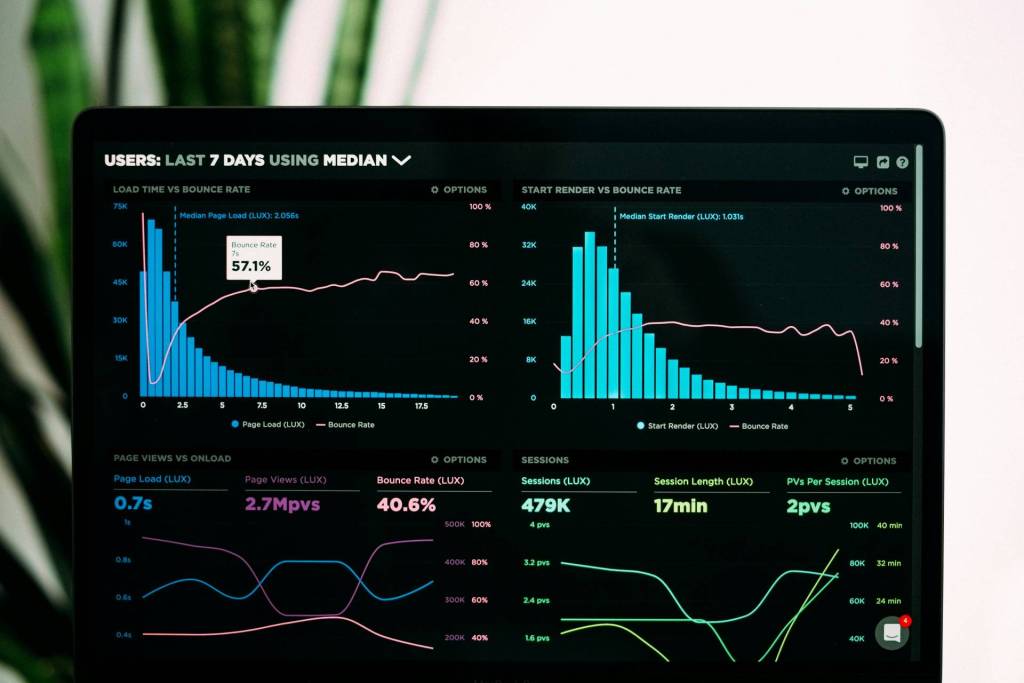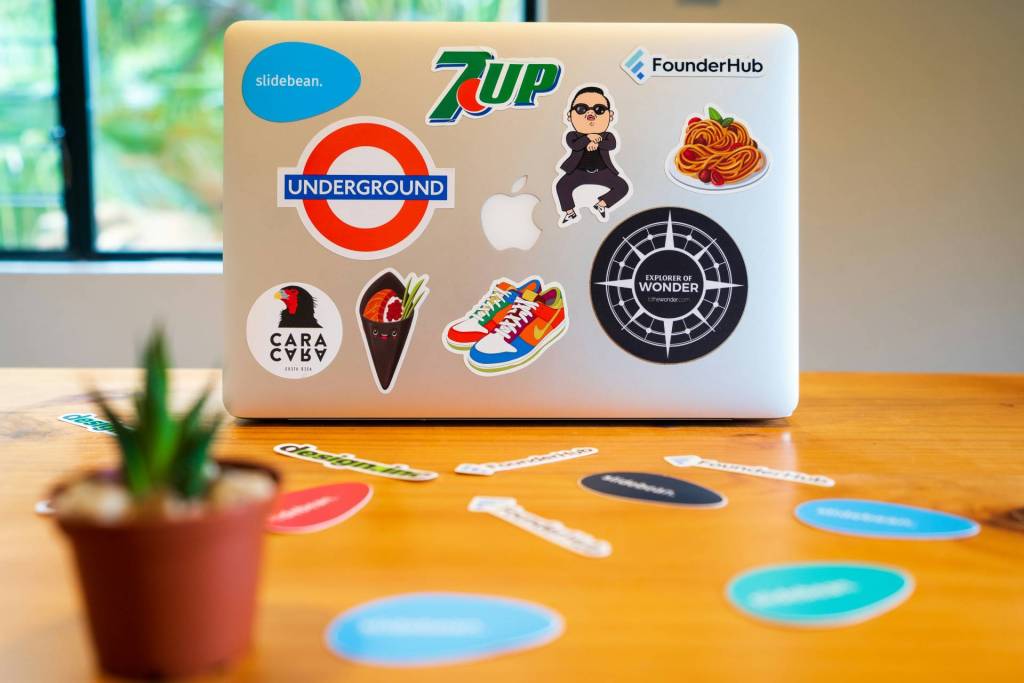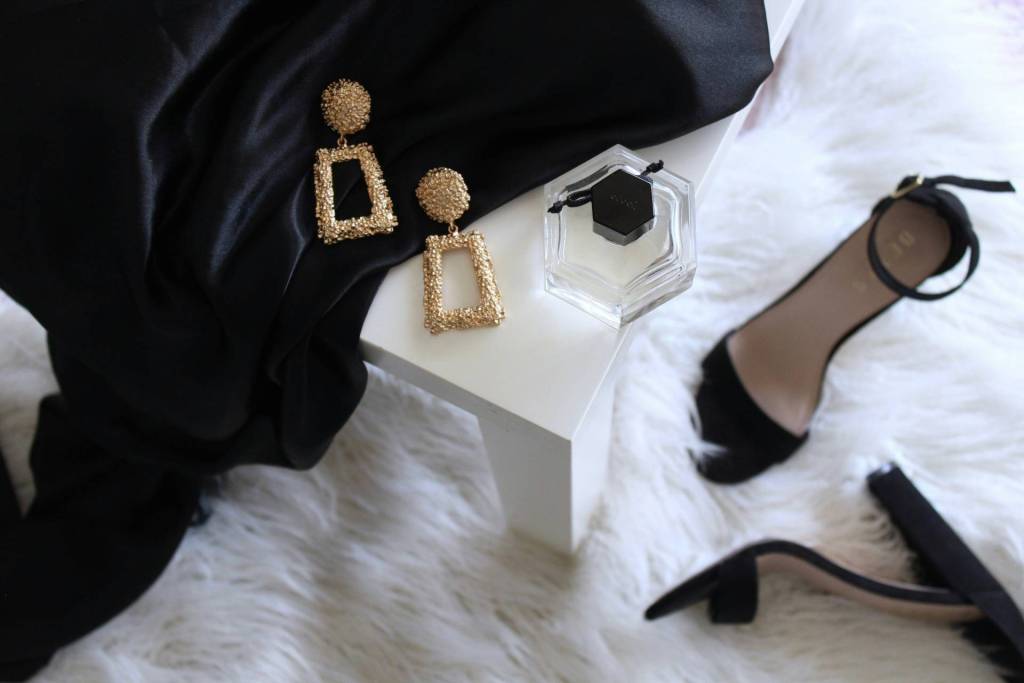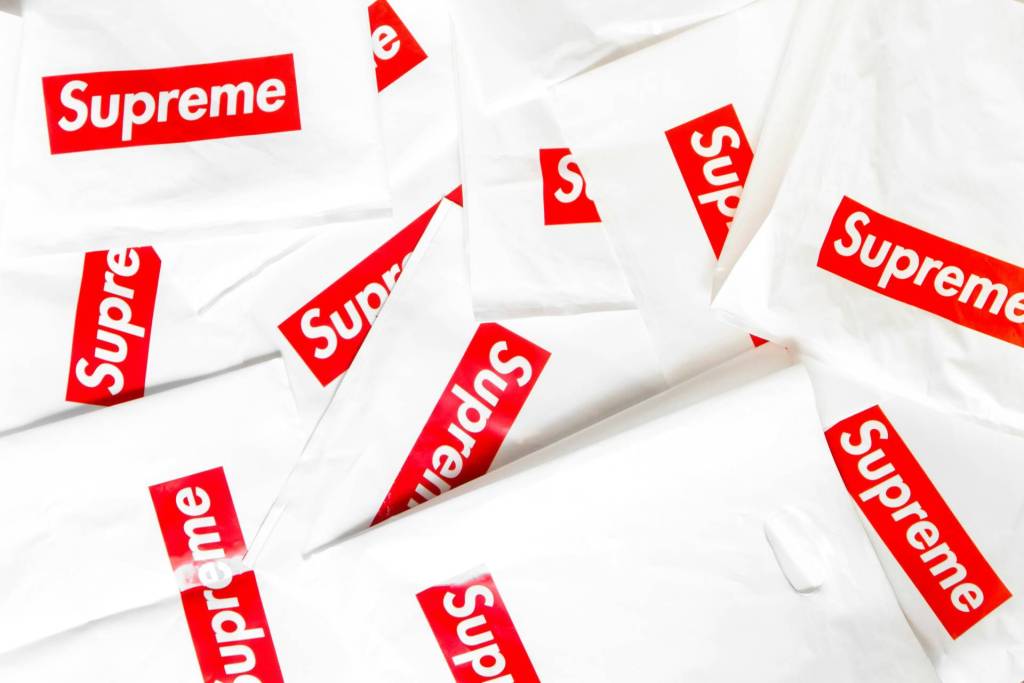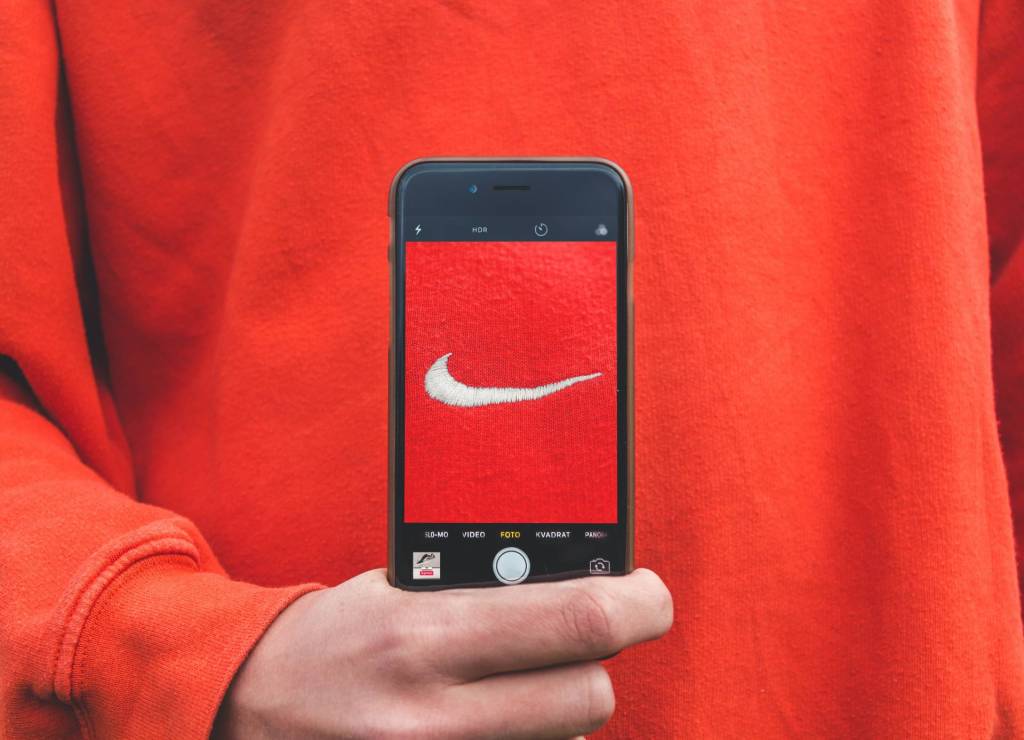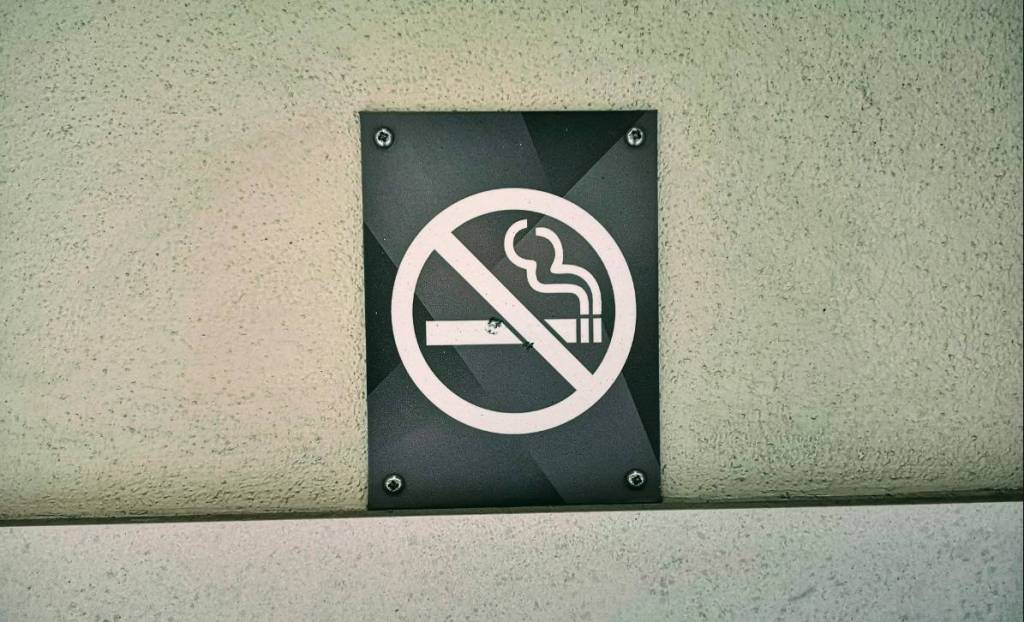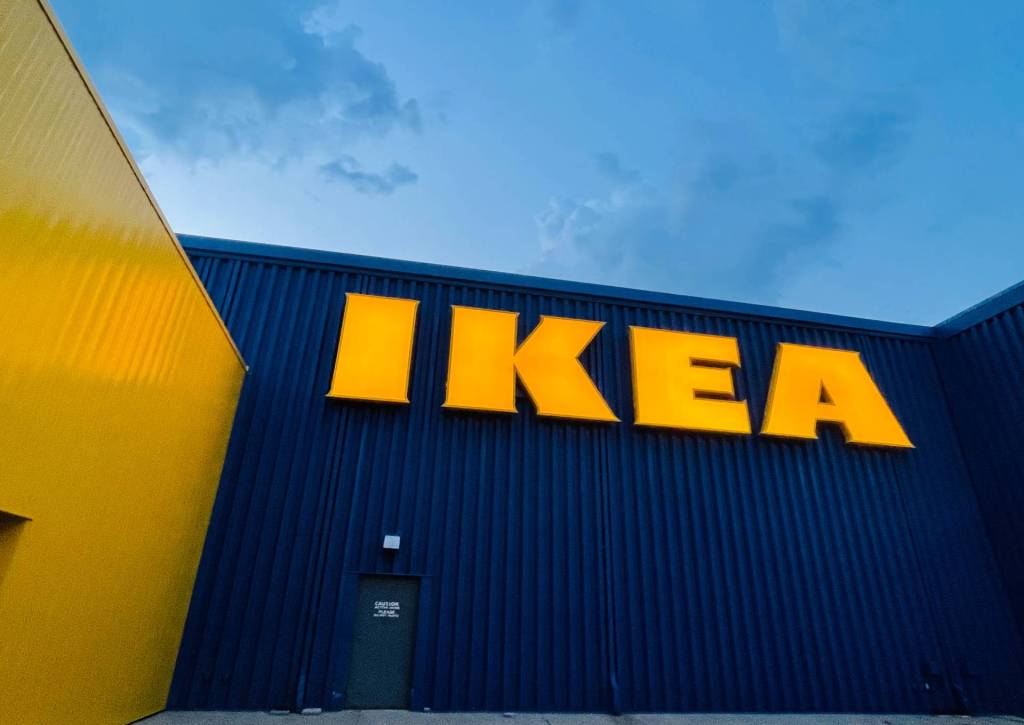Last week I sat down with Brad Haugen, CMO of SB Projects, in their Los Angeles office to talk about entertainment and marketing. SB Projects is the management firm associated with Justin Bieber, Ariana Grande, and the new tv show Scorpion. In the interview we cover topics such as mentorship, creativity, good people, and authenticity.
Can you please share with us who some of your mentors were and what was some of the best advice they gave you that helped you succeed?
My first mentor, as most gentleman in the world, was my dad. He instilled in me three rules that I keep right here in my office.
- Run at your dreams
- Always think with your heart
- Always act with integrity
These rules are something that I’ve led my life by. Everything that I do, I run through the filter of “Dad’s Rules.”
Another mentor I was blessed with was Ben Slater at BBH, who was one of my first bosses. He sat me down on my second day and said, “There are two things to remember and you will always be set.”
- Never make any decisions based on money. Always go where you can work with the smartest and best people, and the money will come later.
- Keep your head screwed on right. Always look forward and do the best you possibly can. People will tell you to keep your head down and keep on working, but if you keep your head down, you miss things.
Gary Briggs, CMO of Facebook, told me, ‘never take a no from someone who can’t say yes.’ A lot of people who want to accomplish something just send an e-mail or two and stop once when they get a no. Most of the time they are not communicating with someone who can actually make the decision. When you get to the right person, you’re almost always going to get the answer you want. Those are just a few people that I’ve considered mentors. My father has passed away, but I now tell those rules to my son and daughter before they go to bed. Its something I will always carry with me and I hope that they will also carry with them.
It’s really touching that you have your father’s rules hanging up in the office.
It’s actually pretty amazing, because after I came back after my paternity leave, I got this framed image of the rules from everybody at the office. It’s really cool to realize that people here actually do pay attention. It’s not like I’m just talking and nobody really hears it. I never asked anyone to print that. I never wrote it down for anyone. I just have mentioned it in passing. The whole company actually signed the back of it.
It’s the kind of people we work with here and it speaks volumes of them.
I know you have a background in advertising, but when you started working in the entertainment industry, what skills from advertising were you able to leverage and utilize? Do you find that advertising and entertainment are two very similar ballparks?
There are similarities such as a brand and a celebrity should behave in a way that is natural for them. Entertainment is an industry built on the backs of people who make things happen. Coming from an advertising background, everything is very process driven. They [entertainment and advertising] are both client services, but the difference is when your client is a multi-billion dollar, multi-national corporation there are processes, there are rules you have to follow, there are guidelines, there are review processes, and there are statuses that you have to update. It’s a lot more rigor and people will think a lot more strategically.
Here in entertainment, it’s like, we just heard an amazing song let’s put it out. Let’s do it in four weeks and let’s figure out the plan. I have been fortunate enough to maintain some of the structure in my life that I brought from the advertising world. I think the one thing that has been enhanced is my creative palate. In some ways, process is great, and in other ways you can kind of over process things. I think that ad agencies a lot of times, mainly because of the structure the clients impose upon them, have too much process. A lot of the best ideas die and never get seen because the client kills it, or it doesn’t fit the brief, or whatever it may be. Here we get to try everything.
When I first started working with Scooter there was just me, Allison Kaye, and him, and we didn’t know what we were doing. We were all making it up as we went along. We had a sense of who our audience was, and we had tools, and we knew how to talk to people. We had ideas and we tried them. Sometimes they worked and sometimes they worked really well on a massive scale, and sometimes they didn’t work. The best part of our job is our clients trust us and we have such great relationships with them that we are able to test ideas out. We are able to be experimental. We are able to do things that are innovative, that are different, artful and hyper creative; which is a cool thing.
A little bit of process and a lot of creativity have been the two things, I’ve learned in my agency days, especially at BBH; they hold a big idea above all else.
I noticed that your work force looks to be relatively pretty young in comparison to some of the bigger and more traditional management firms. How do you think this plays into your workplace?
It wasn’t always intentional; we’ve just been hiring great people that are our peers. At the end of the day, who you work with is who you spend the majority of your life with; whether it be 3 years or 30 years. I think it’s about a 20 year difference between the oldest people and the youngest person that works here. Hiring young people is something that I believe in strongly. Young people have fresh perspectives and they are native in digital, native in social, and native in the tools and technology that we utilize.
I’m 32 and on that bridge between where it’s fluent to me but I’m not native. I subscribe to the philosophy of hiring good people that are also nice. People whom I would want to get a beer with. Really, it’s just people who are phenomenal at their jobs that I would like to spend time with. I think that when you have young people around it keeps you young it also helps you understand and appreciate how different the world is to a younger audience.
It’s pretty clear that consumers are watching and listening to entertainment in new ways. What do you think are future opportunities that marketers, brands, and personalities need to take advantage of by 2020?
I believe so deeply in experimenting, and that whatever we have now, may not be what we have in the future. Our industry, the music industry, the television industry, and the film industry, are three of the most desirable forms of content in the world. The three of them combined that’s content, that’s consumable media. That’s what people want. They want it regularly, everyday, all day, all around the world. Things change, technology changes; we went from 8 tracks, to cassette tapes, to compact discs, to MP3’s. However, we are selling MP3s the same way we used to sell CDs and that will also change.
Whoever owns the content and whoever can create the best content wins. It still comes down to making the best product. So, in five years, I don’t know what the world is going to look like. I don’t know what the industry is going to look like. Great content and great creative is going to win irrespective of everything because that is what gets people’s attention. The best thing that anyone can say about anything we put out is you gotta go see this’ and then they tell someone else. Then it spreads. So I look at it from that point of view and that’s part of why I am a massive believer of this city in particular.
I think Los Angeles is the most important city in the world, certainly in the country for technology and creativity. It’s a hotbed right now. I think people here feel it and people are starting to talk about it that way. There are so many creative people and the majority of the creative content out in the world is made here. Movies, television, music all those businesses are headquartered right here in Los Angeles. Everyone is coming to us and saying we need your music, we need this artist, we need that film, we need this footage and we need you to come up with this script or this idea, its all part of LA. It’s really a special time to be a part of a city like this in the next five years, and to get there and see what we can do will be amazing.
One campaign I noticed that stood out as being original in relation to how media is consumed in 2015 was Justin Bieber’s Girlfriend fragrance. How did that concept come about and was it a success for you all?
Right after the launch of that campaign, he had both the number one and number three fragrance in the world and Chanel Number 5 was number two at the time. So it worked out really well. For Justin, in particular, his fans mean everything to him and his fans have been an intimate part of his journey from YouTube to where he is now. In order to launch a campaign in a different way, to use his fans to make them feel involved and to actually get them involved in the launch of it just made sense.
It was authentic. It did not feel forced and there are other artists who it might feel forced for, but with Justin they are just a part of who he is. So to ask them to get involved with it was a simple, they are going to do that. It was a really cool project to work on and we had the idea and I brought the raw idea to our friends at BBH where I used to work. And they were like, ‘this amazing let us spend some time on it,’ and they really helped flush out a really special campaign. We did some great work with that.
First off, congratulations on all the success that SB Projects has had in film (with The Giver), television (with Scorpion), and technology (with Silent Labs)! Now, what’s the plan with keeping your place as an industry leader in music? How have you leveraged your success in music to these other industries?
Our focus is still primarily music which is hard to say when you have a hit TV show. We had always planned on dabbling in TV and film, if the right project came along for us to get involved with. That is kind of how we have done it to date. We plan on scaling up our music business so that it starts to really grow and continues to operate in an efficient and innovative way. I think, at the same time, we plan on scaling our content business. We typically say TV and film, but it’s really a content business. We don’t know if the movies going to go in a theater or if its gonna be on Netflix or if we are just going to put it on a YouTube channel. But what we do know is we have a lot of ideas and we do plan on scaling that business.
Our Silent Labs business is a very specific model, which is much more of an incubator. We have an idea for a product. Then that Silent Labs team will then go out and help bring that product to life. We occasionally make investments but we are not a VC fund and we are not out to launch 20 products a year. We are focused on one, maybe two at a time. That operates independently on its own. This is a big year for our content business. We have some big plans that I can not talk about yet, but we have some big plans to grow and scale that business with some great partners and some great people we would bring on board to really help bring that business to life. It’s important and I think it works really nicely with our music business. We are never going to stop focusing on the music business. We all love it! We all love what we do, we love our clients and we want to help them reach their goals and achieve their dreams and its kind of what we do for them. That’s our end game.
So bring them into a couple of the other mediums?
Maybe, if it makes sense. That would be an ideal scenario. You sync a song to a movie. You have an artist guest star on a TV show. All these things could happen, but only if it makes sense on all sides. We will never force it. Having a celebrity tweet about an app does not work. If a celebrity or an influencer of any kind decides that something is a cool production, and I want to use it, and it is something they authentically care about, then sure. Or a piece of hardware they would use, then you have something. But, consumers today are very smart and they aren’t going to buy it anymore.
While I appreciate the value of a celebrity endorsement, I am not an advocate of just slapping a celebs face on a product just because you can. Now an ideal scenario, again, is where we develop products with our clients that they can use and that they love and are passionate about irrespective if its a tech product or not. At the end of the day we are never going to force something. We’ve done passive investments in products that you know of that you would never know or suspect us to be invested in and that’s by design. Then there are some that are very public and it’s easy to find; if it works that’s great and if not we tried.
What sort of synergy have you found between your work at SB Projects and your time at Pencils of Promise?
The founder of Pencils is Scooter’s brother and I am chairman of the board of the organization. It’s been a really simple synergy since its all about authenticity. Our artists, who support Pencils of Promise, have visited a school or have been a part of the story since early on. It’s one of the many philanthropic things we do here. I find it really important for me personally. I got involved with Pencils of Promise while I was working in advertising and before it, felt like something was missing in my soul. I always say that when you are in college you have extracurricular activities to keep you busy, but when you start working all you have is work.
When you’re not working, you’re probably out drinking. People just stop doing extracurriculars and I’ve always been so involved outside of the classroom through high school, college, and grad school that I just felt a bit empty; and Pencils of Promise filled that hole for me. I love working on it and part of the reason I never went and took a job at Pencils of Promise, or ever got paid, was because I never wanted it to be work. I always wanted it to be something I was passionate about and chose to work on, and not be a something I have to do. I think that when you are a business leader, you have to lead by example.
I think that it encourages a lot of people here to find what they are passionate about and start working with philanthropies that fill that hole in their hearts too. It really makes them feel special and proud to do the work that they do every day. We have a few people here that volunteer at various organizations and it’s really cool to watch. When someone comes to me and says I’m going to be out of the office for a half a day to work on a cause, I will support them, and it’s not a vacation day. It’s, ‘absolutely go do that, you’re doing the right thing.’ It’s important to build a business around that, especially to your earlier point, when you have a lot of young people at the office.
“I hate to use buzz words but, authenticity is everything especially when you are dealing with celebrity.”


